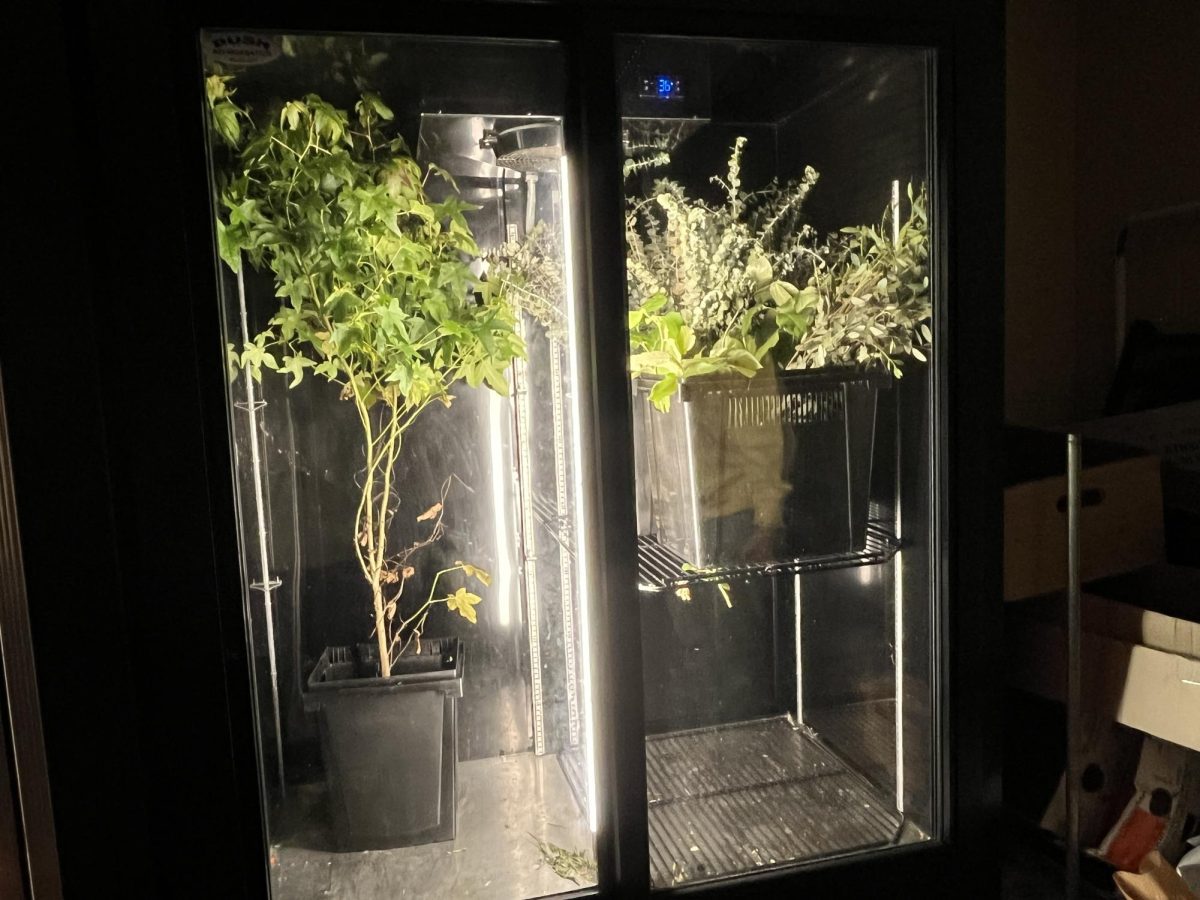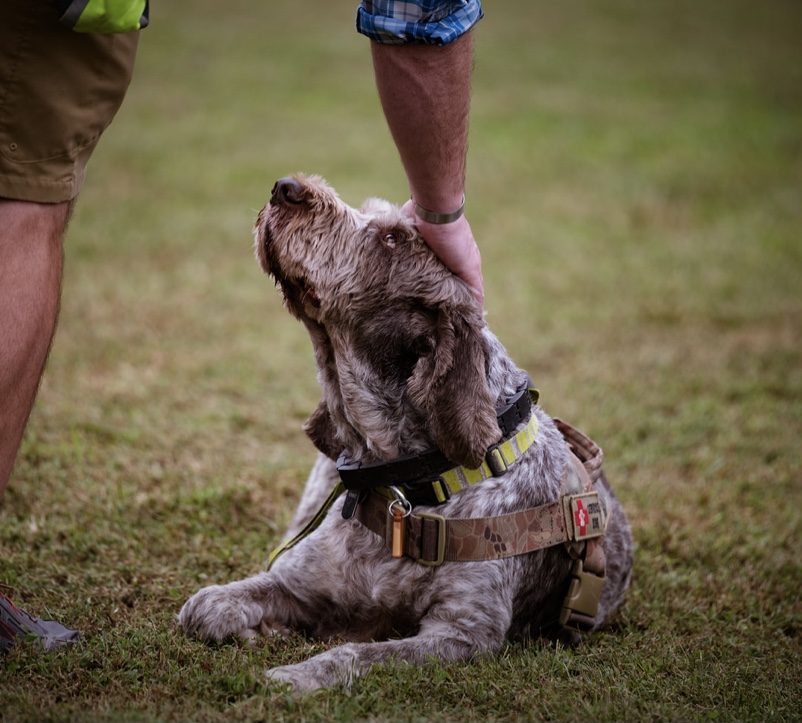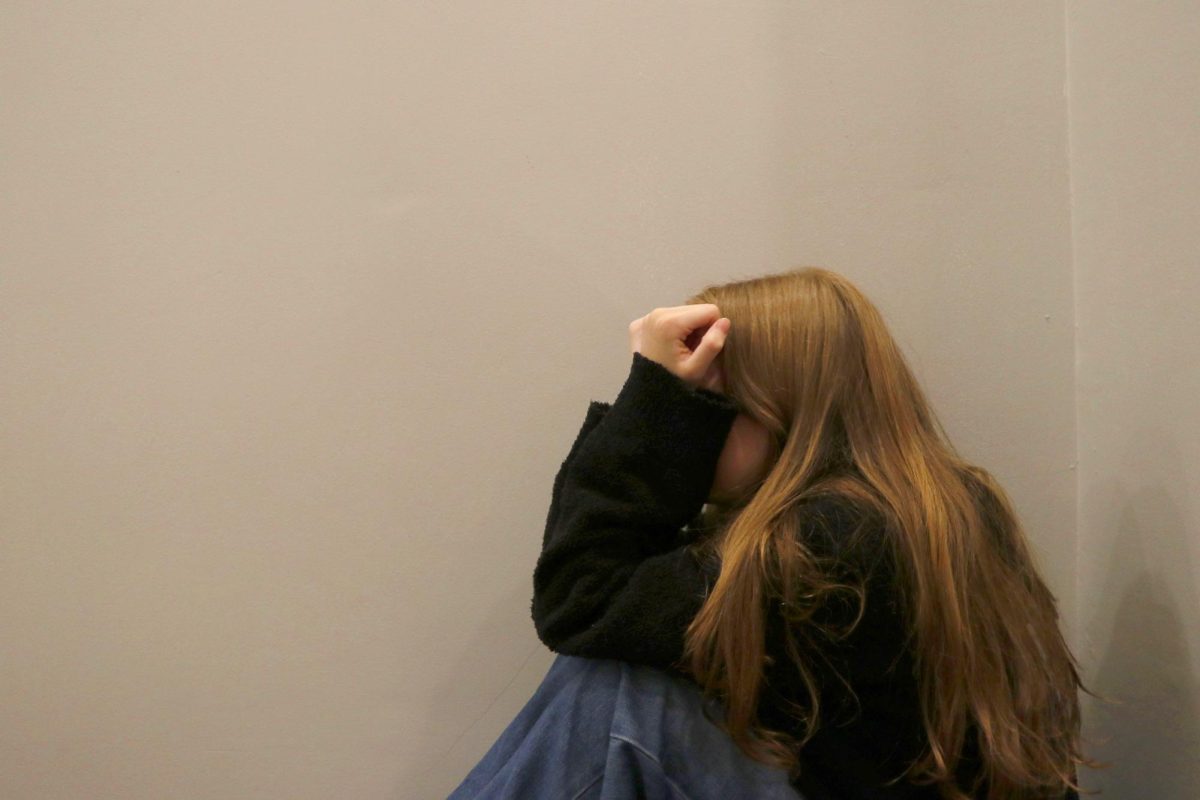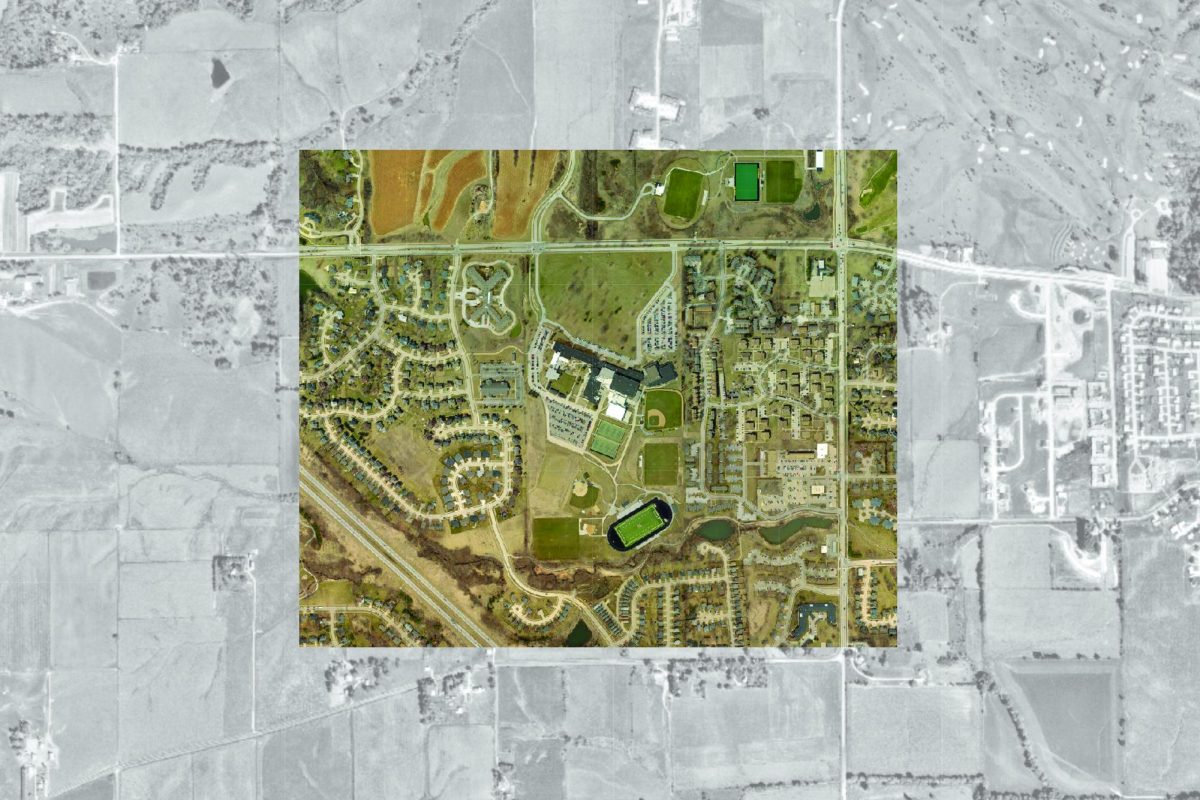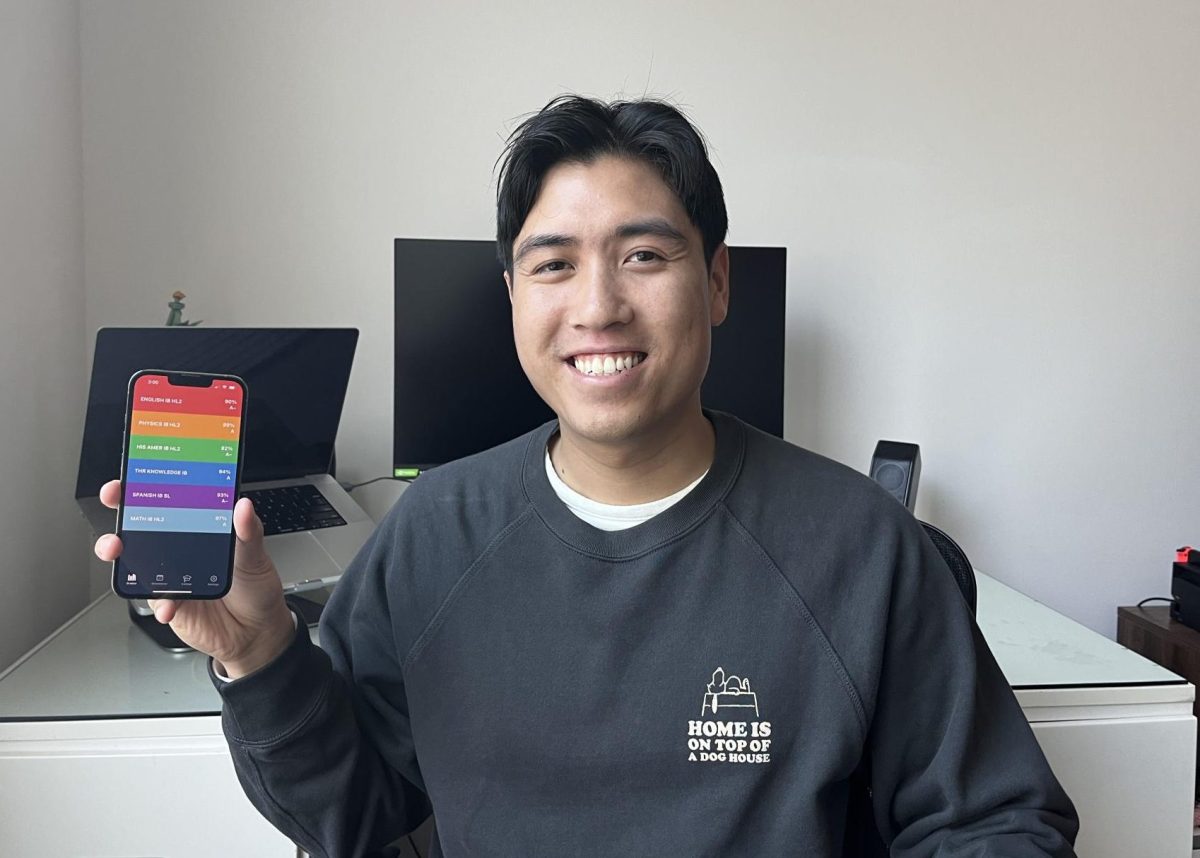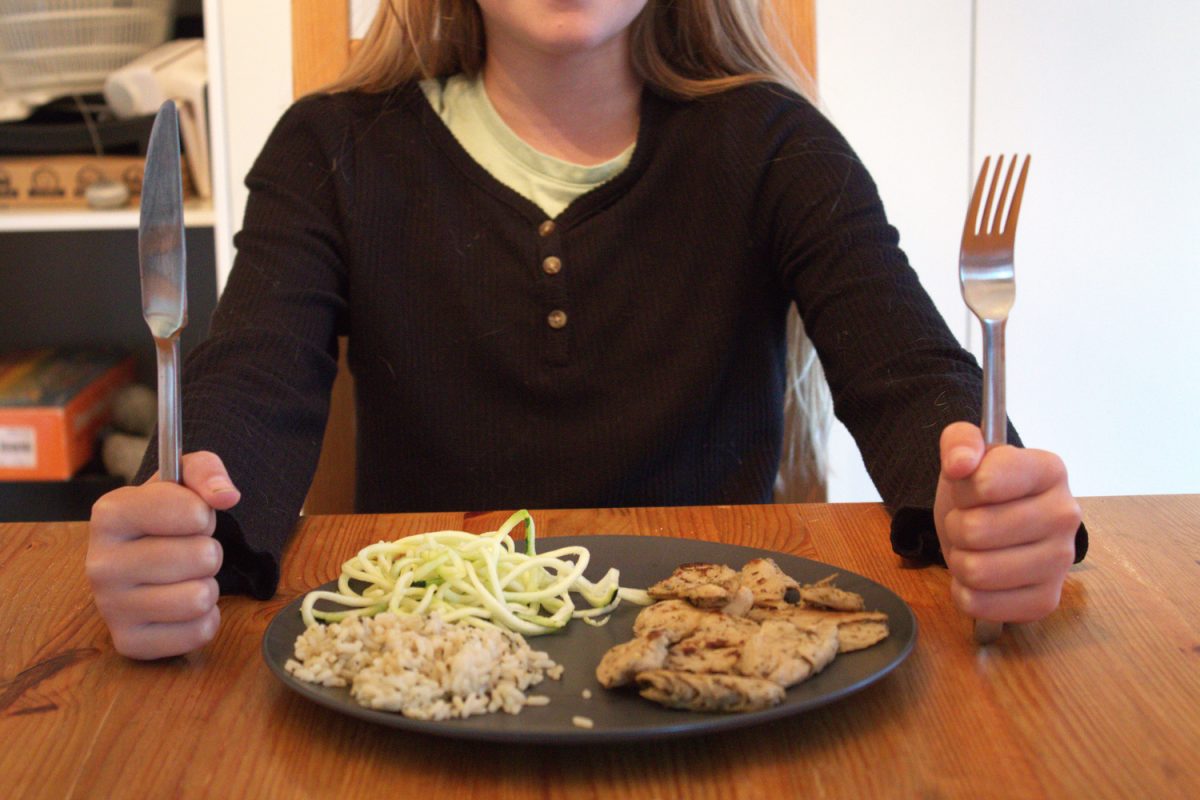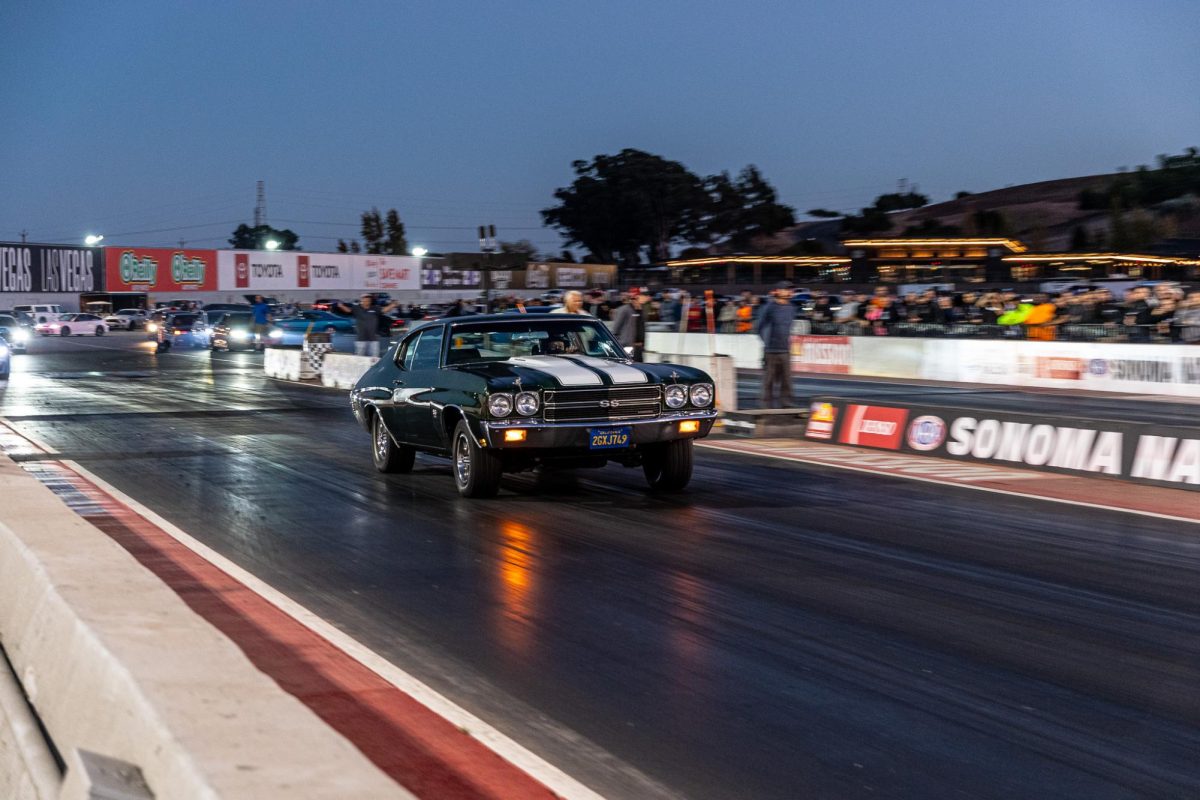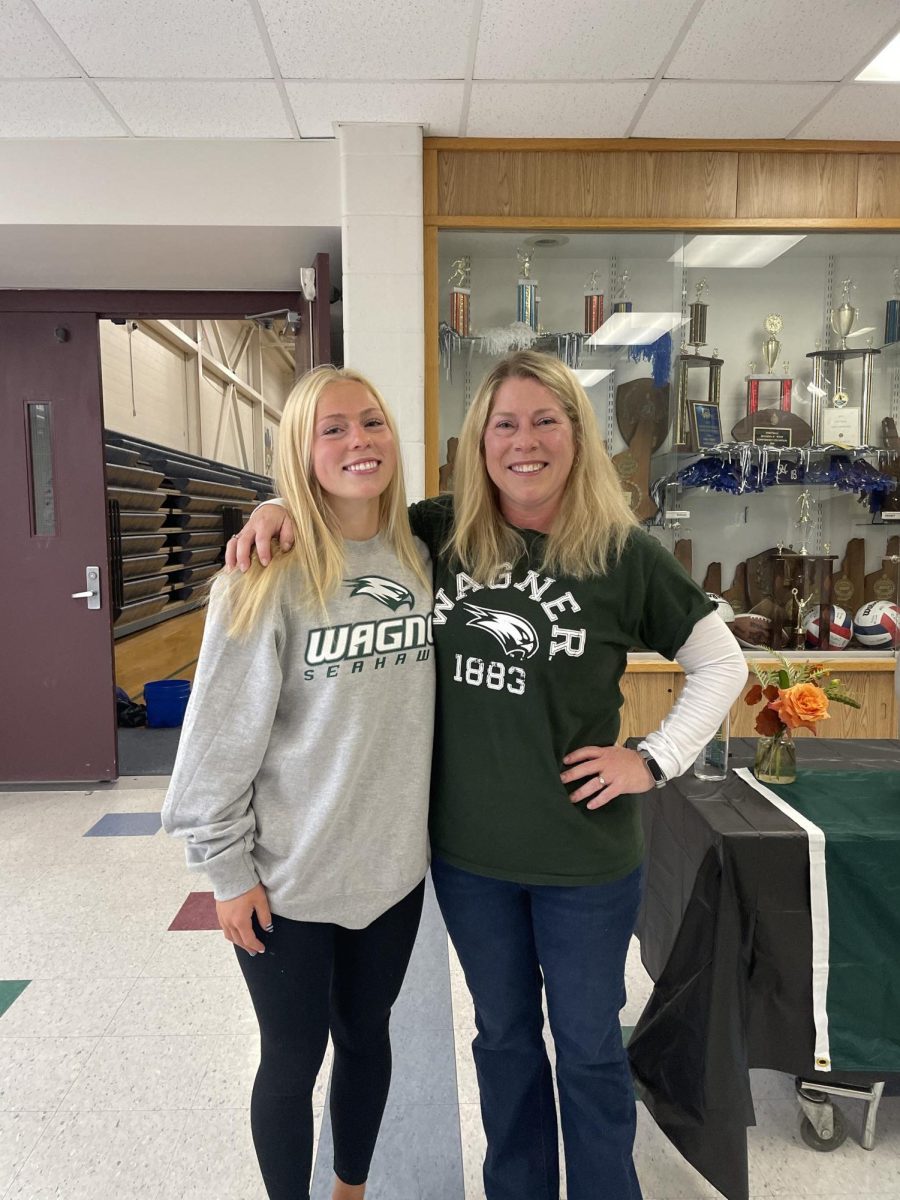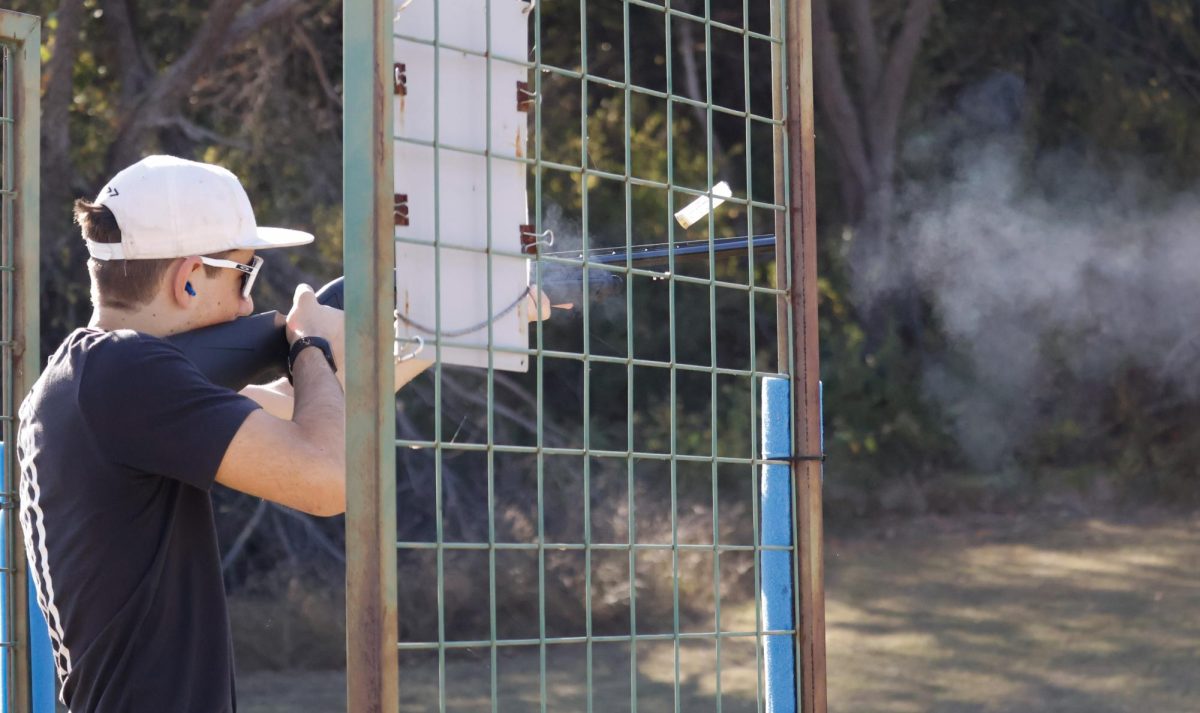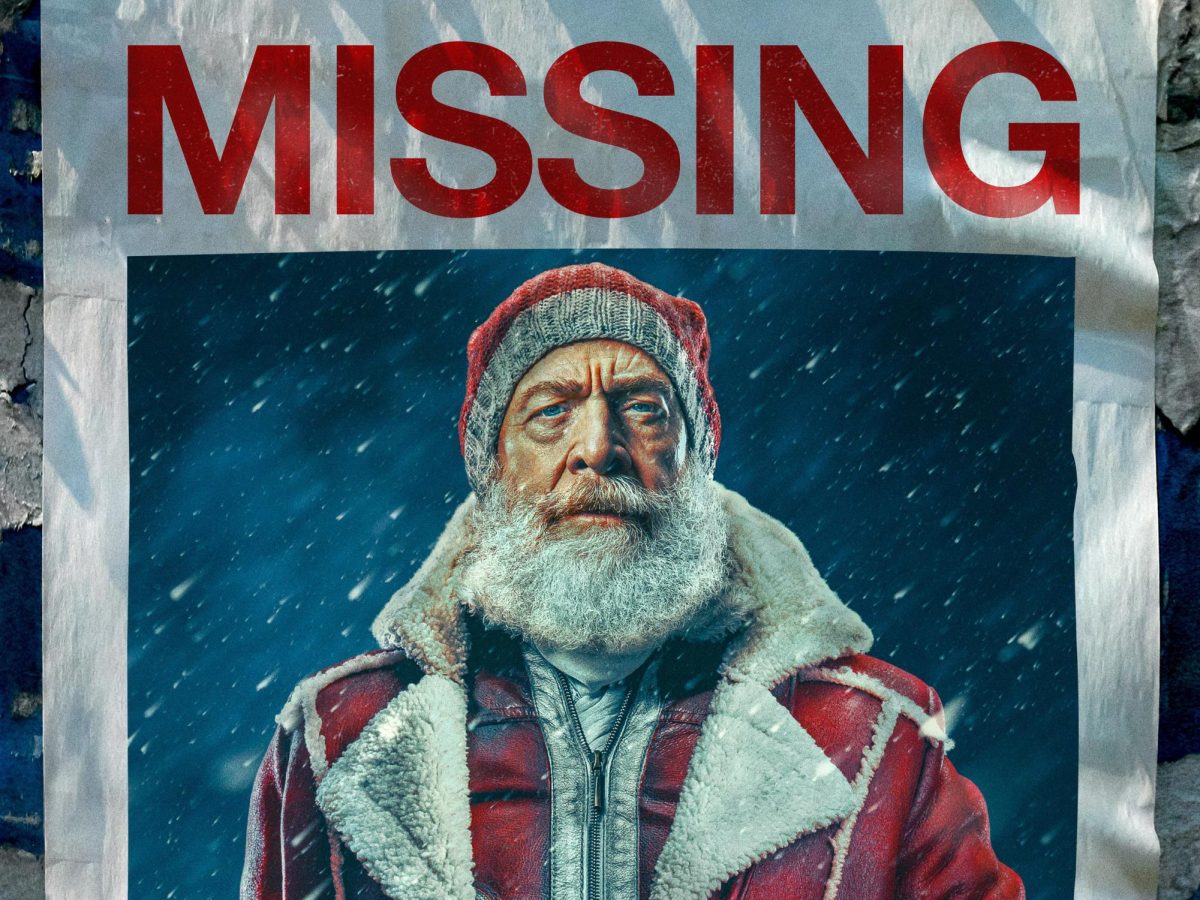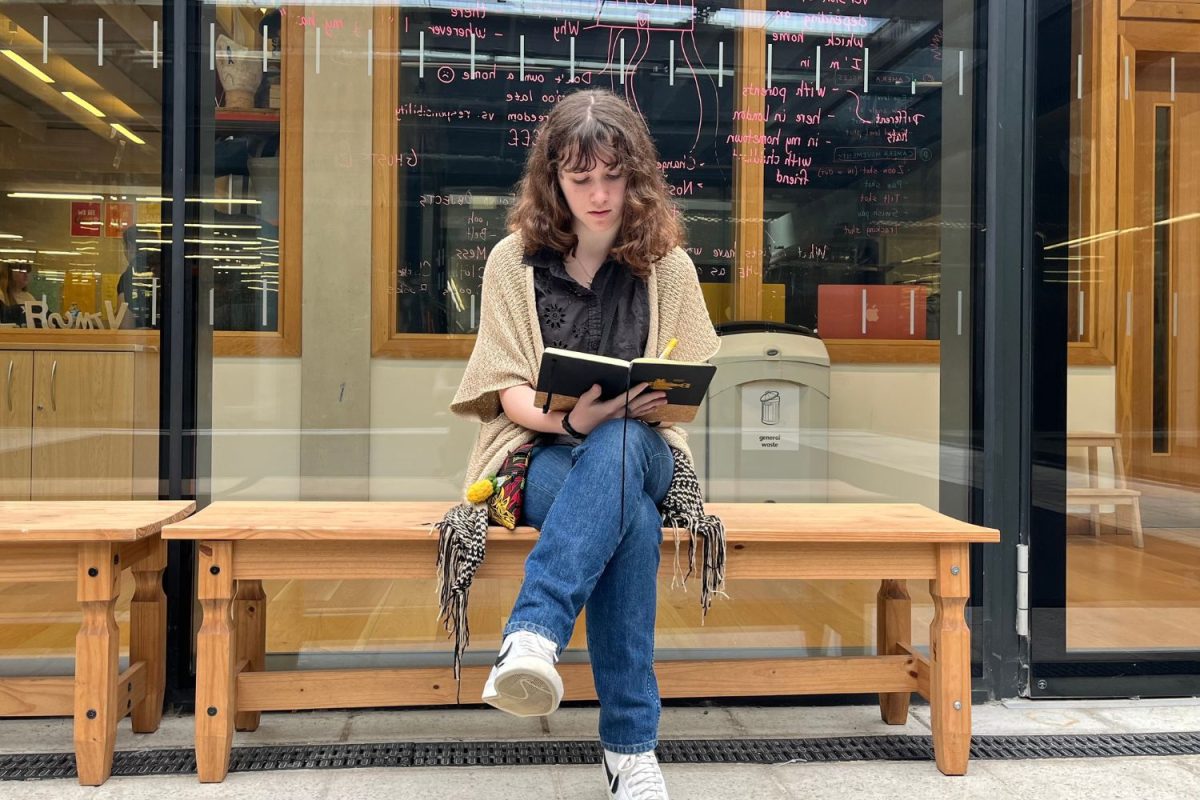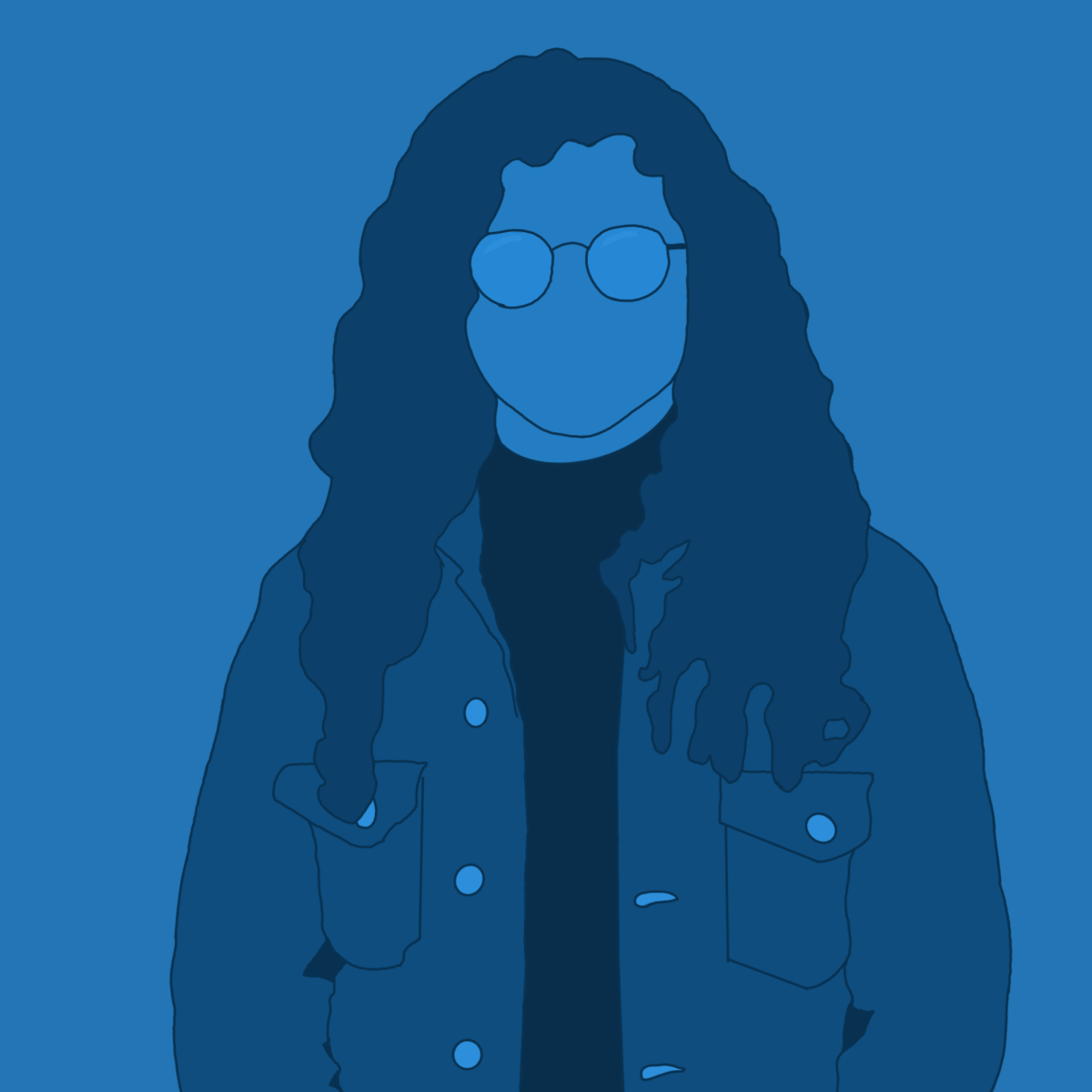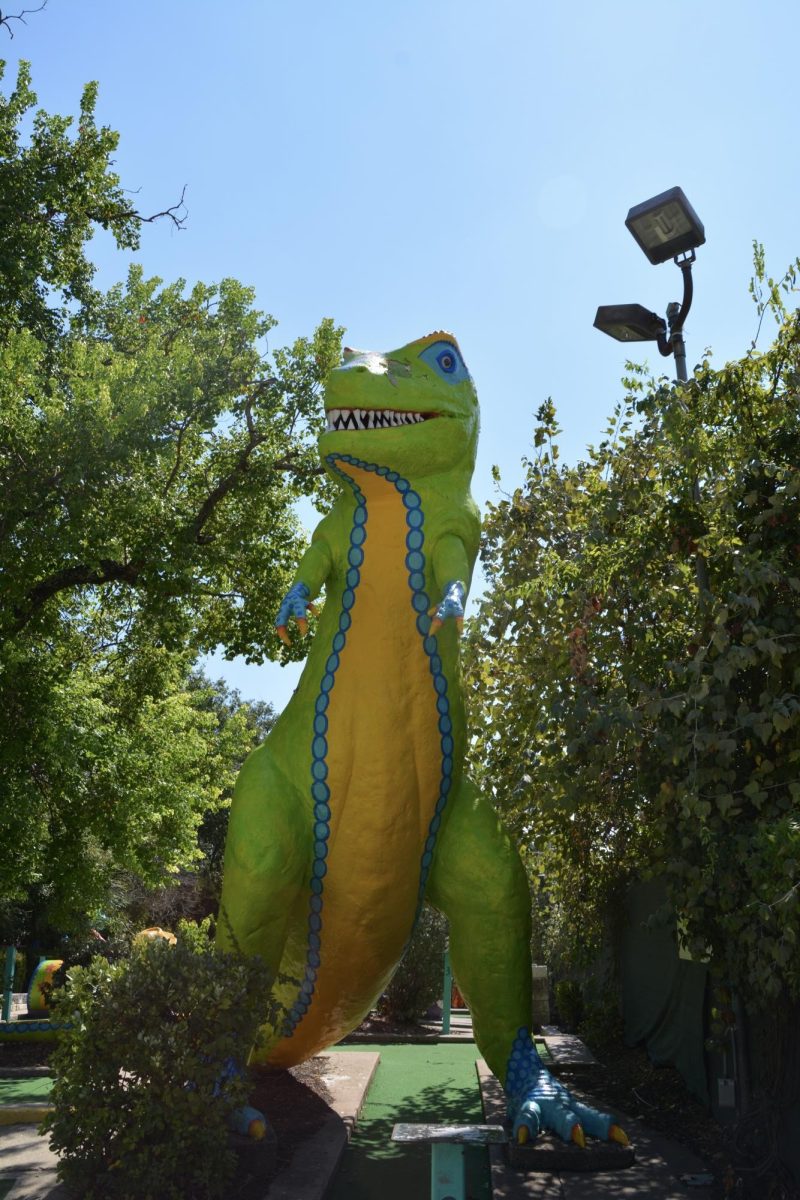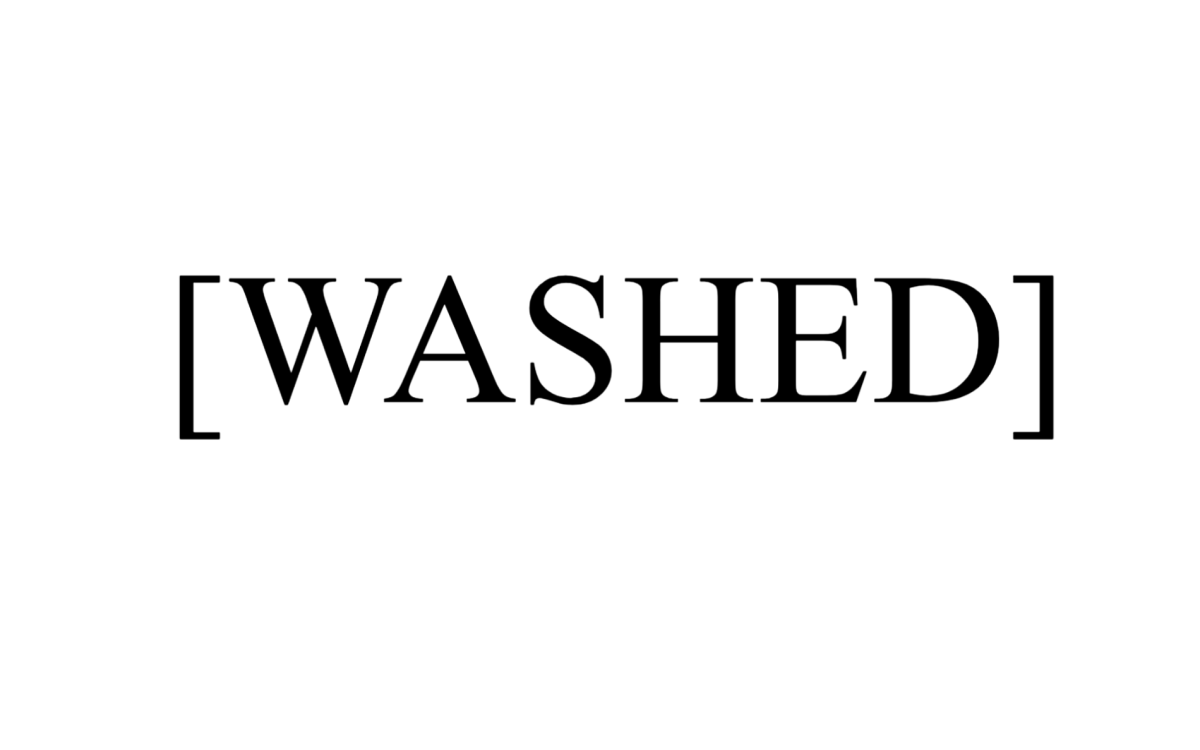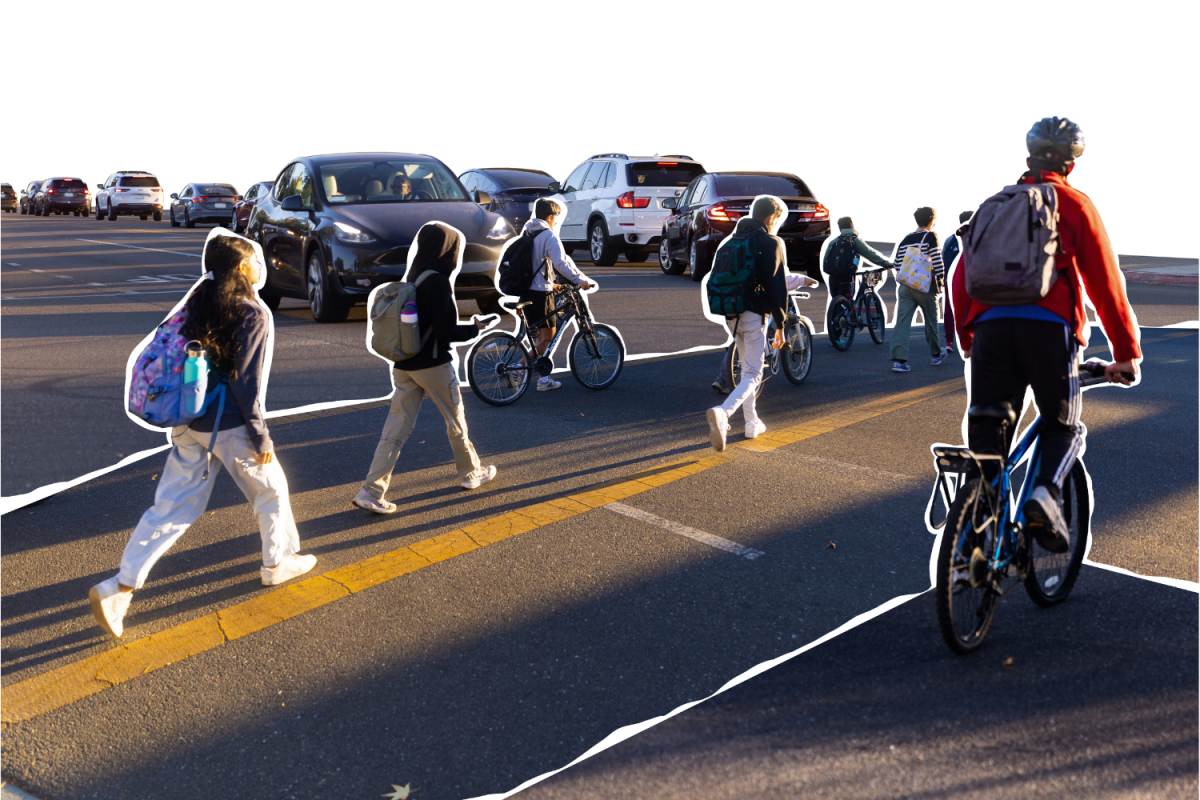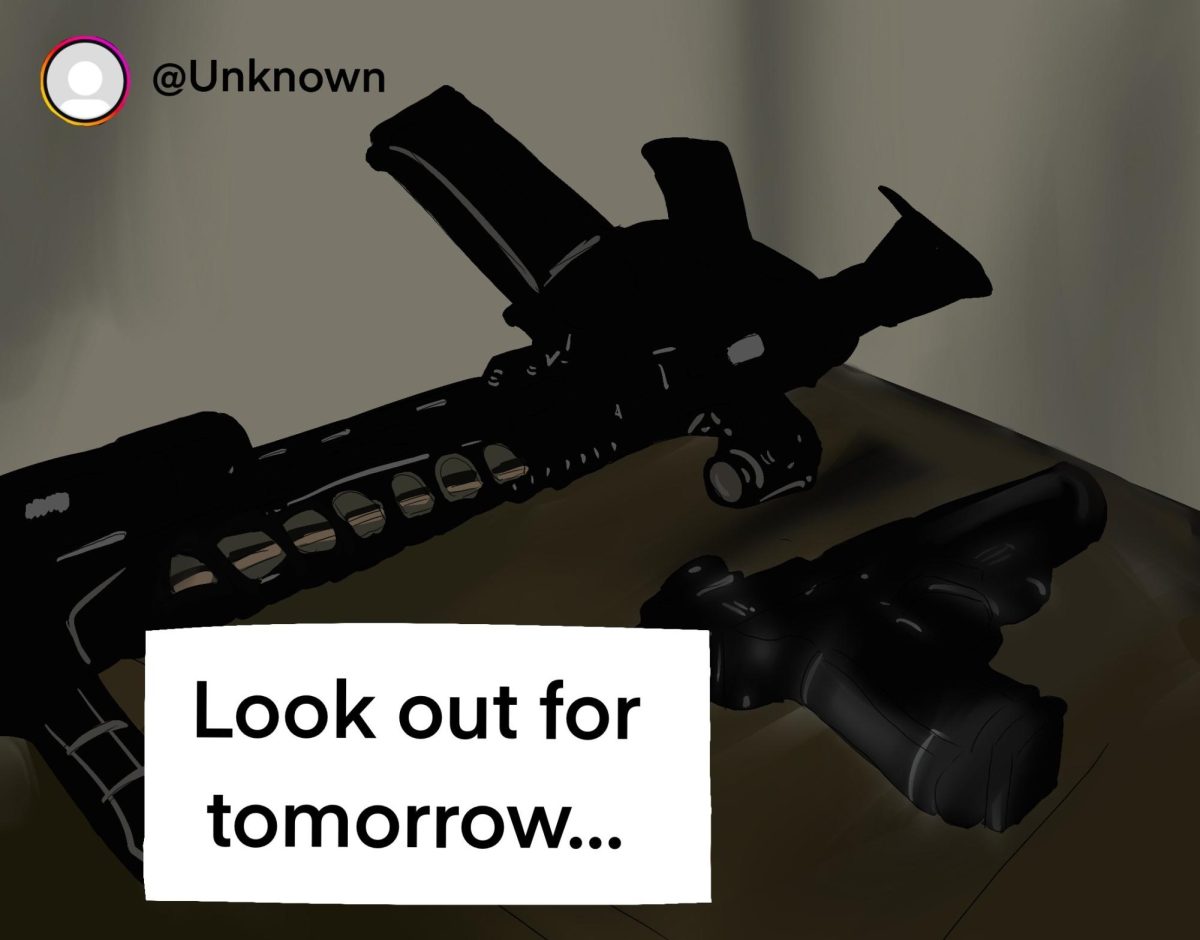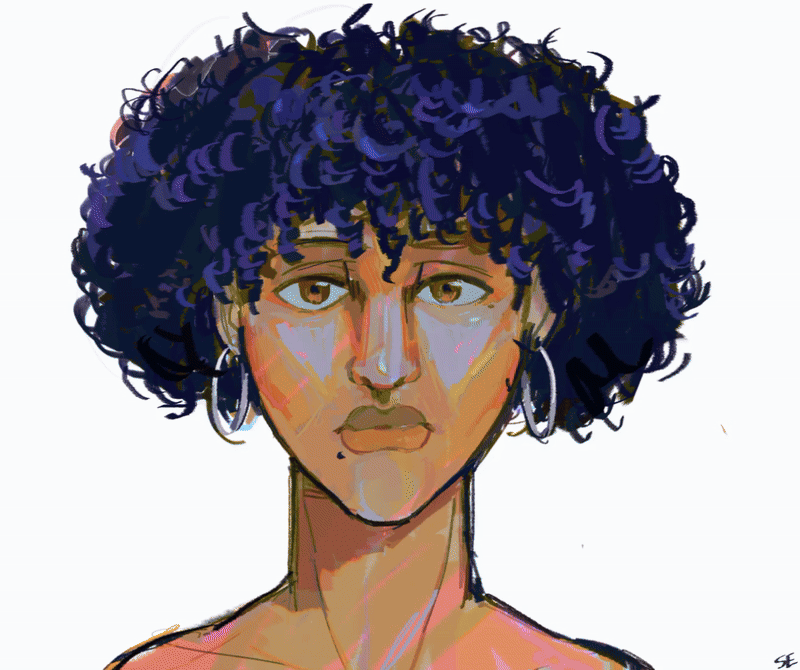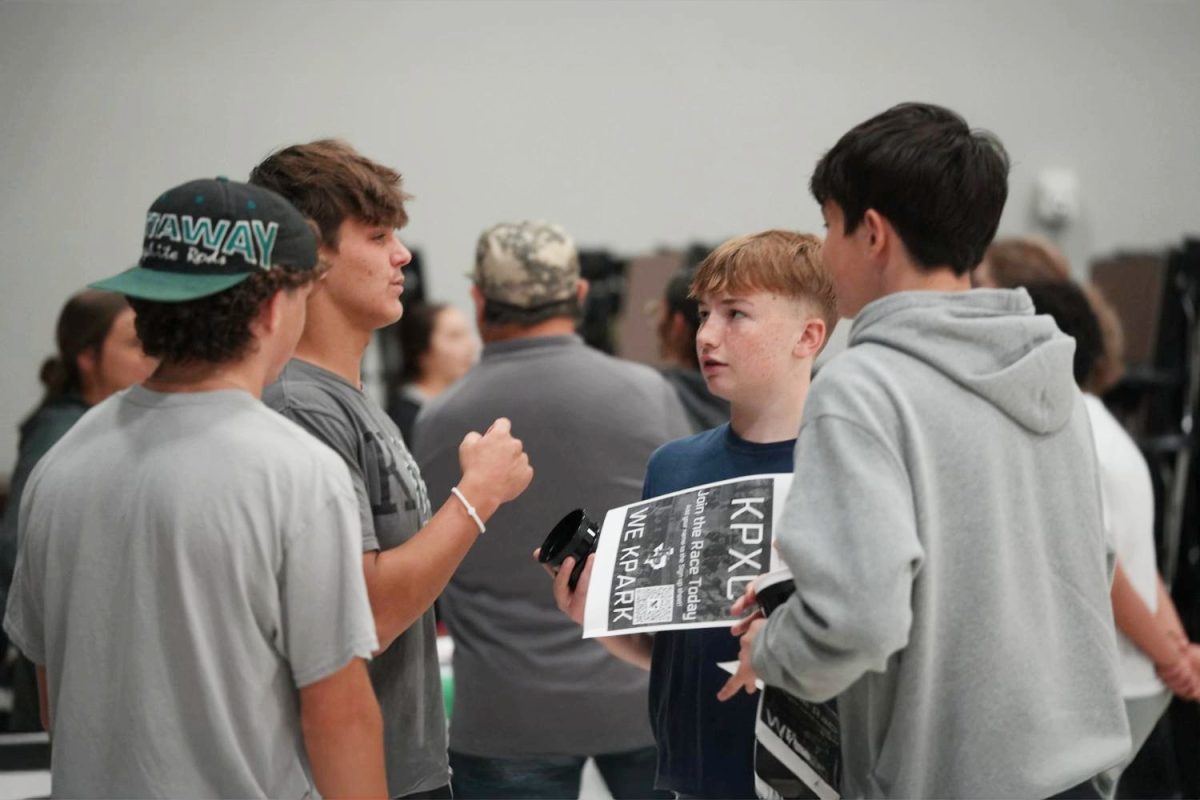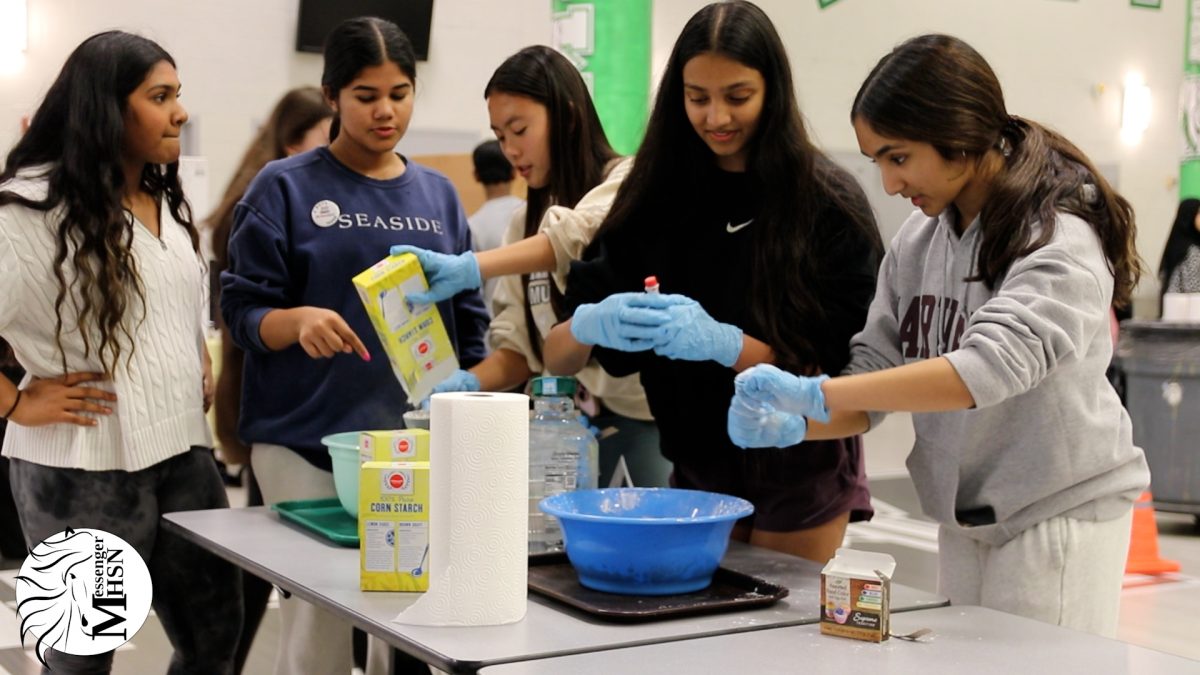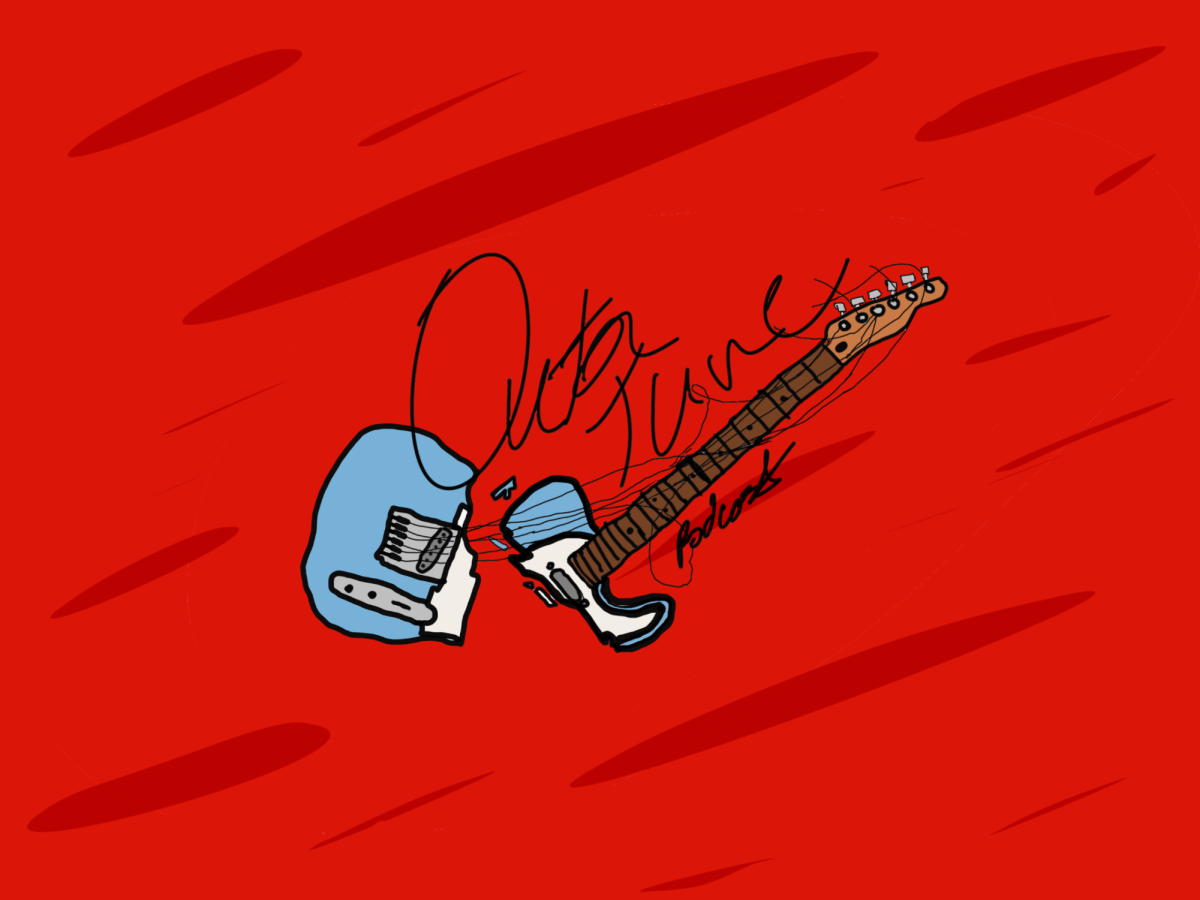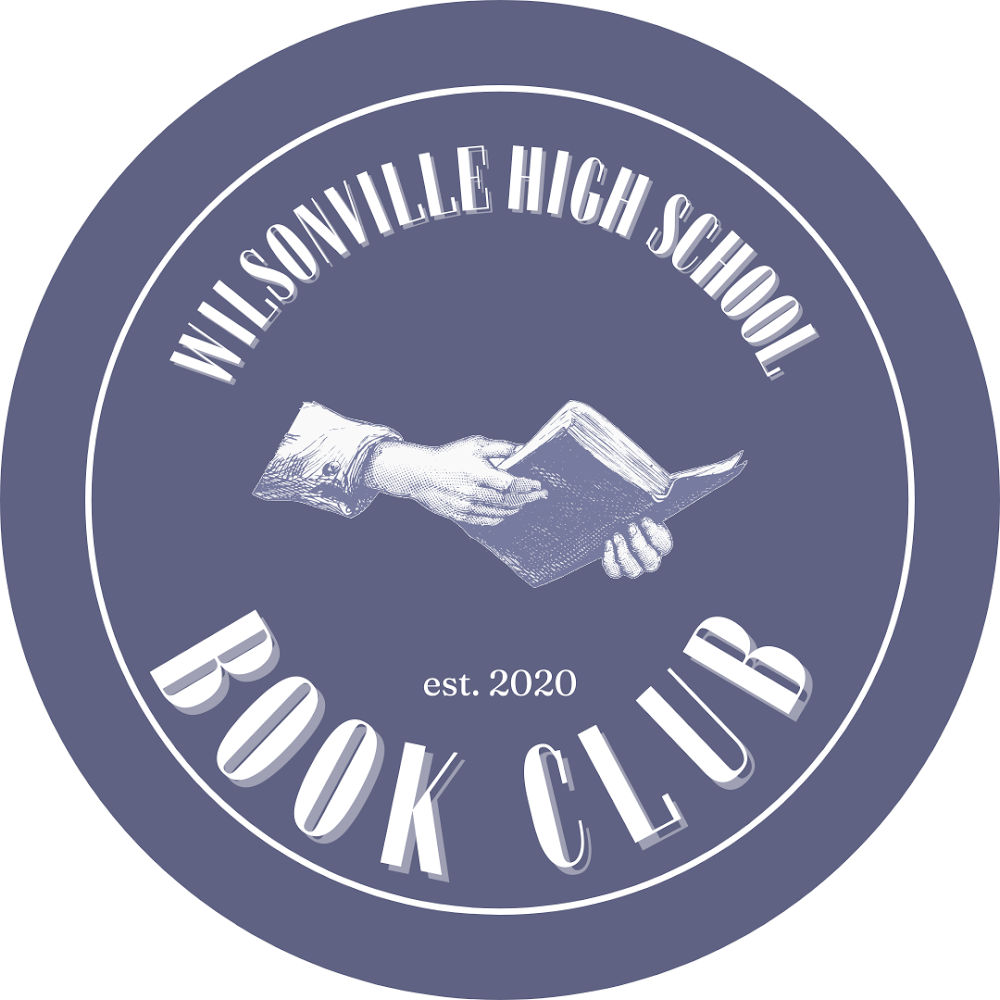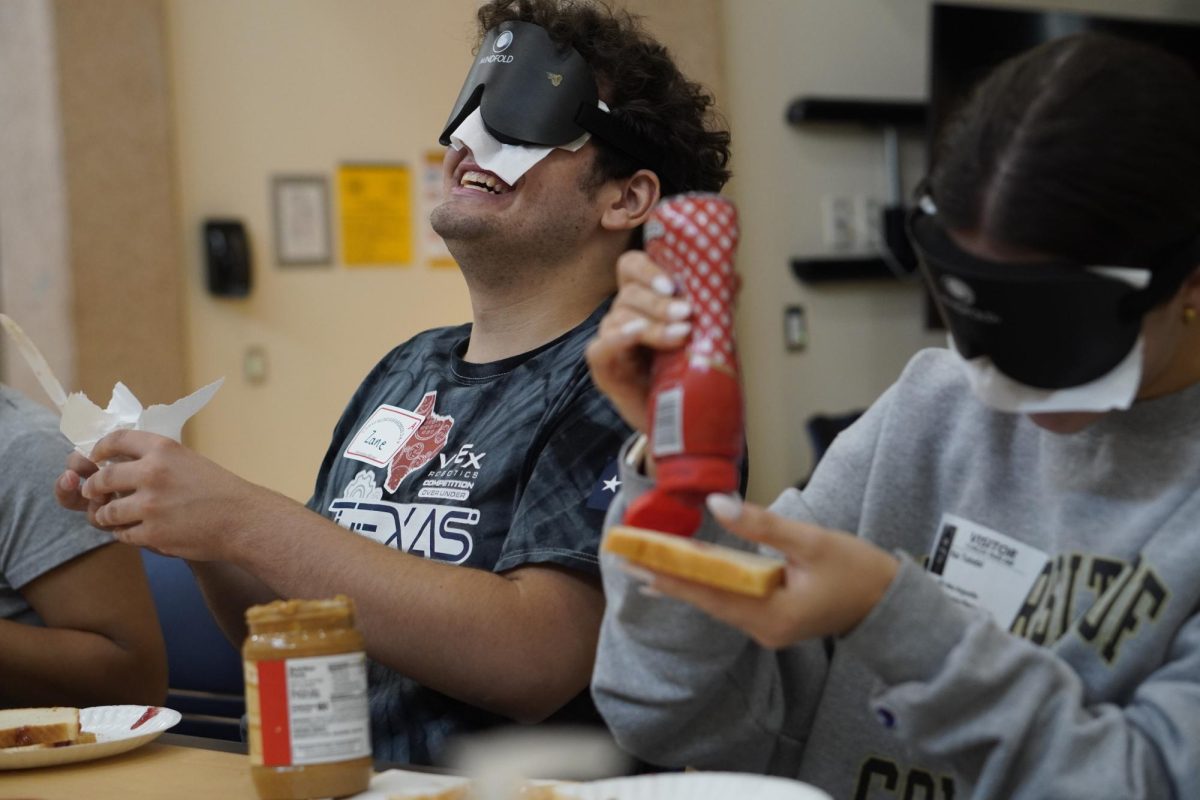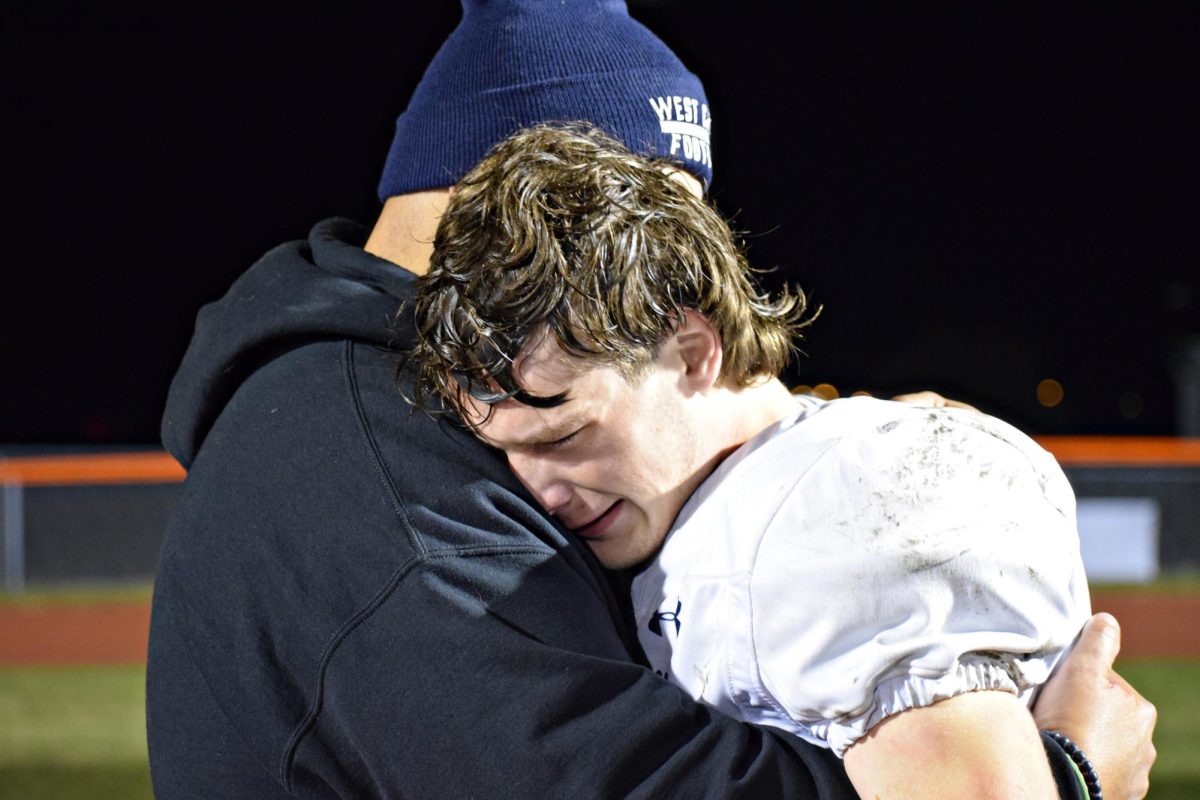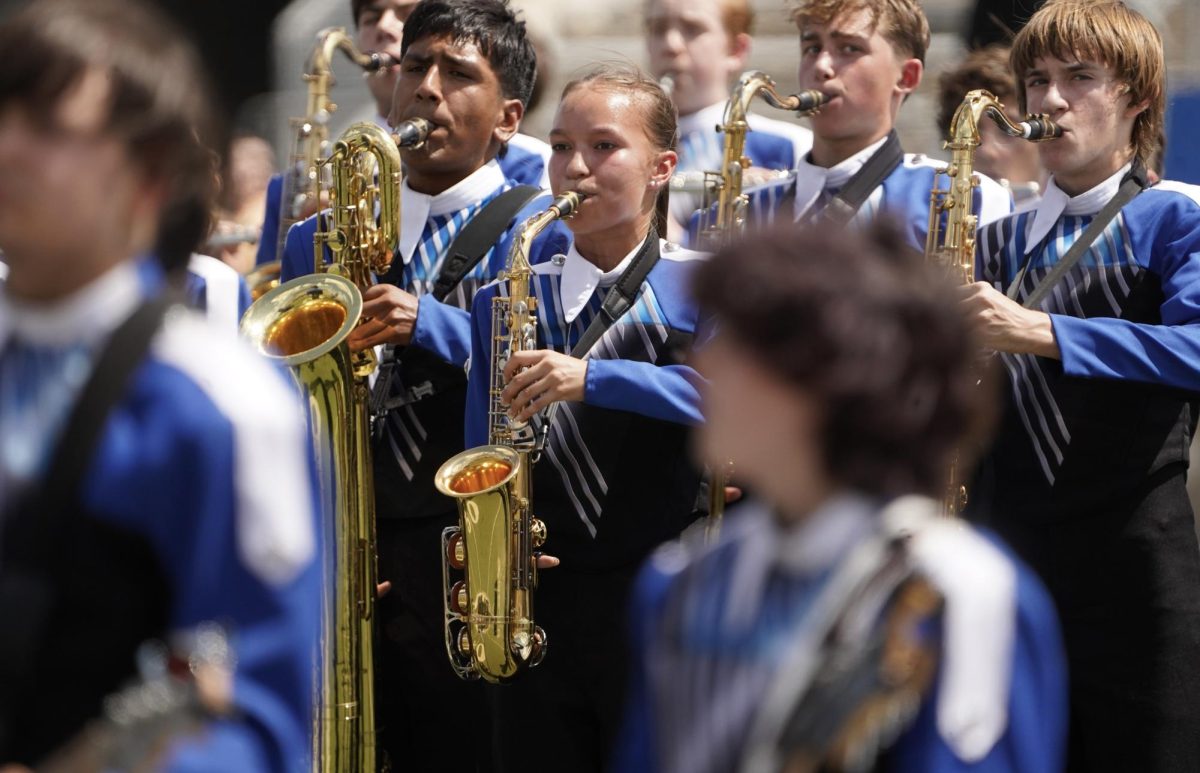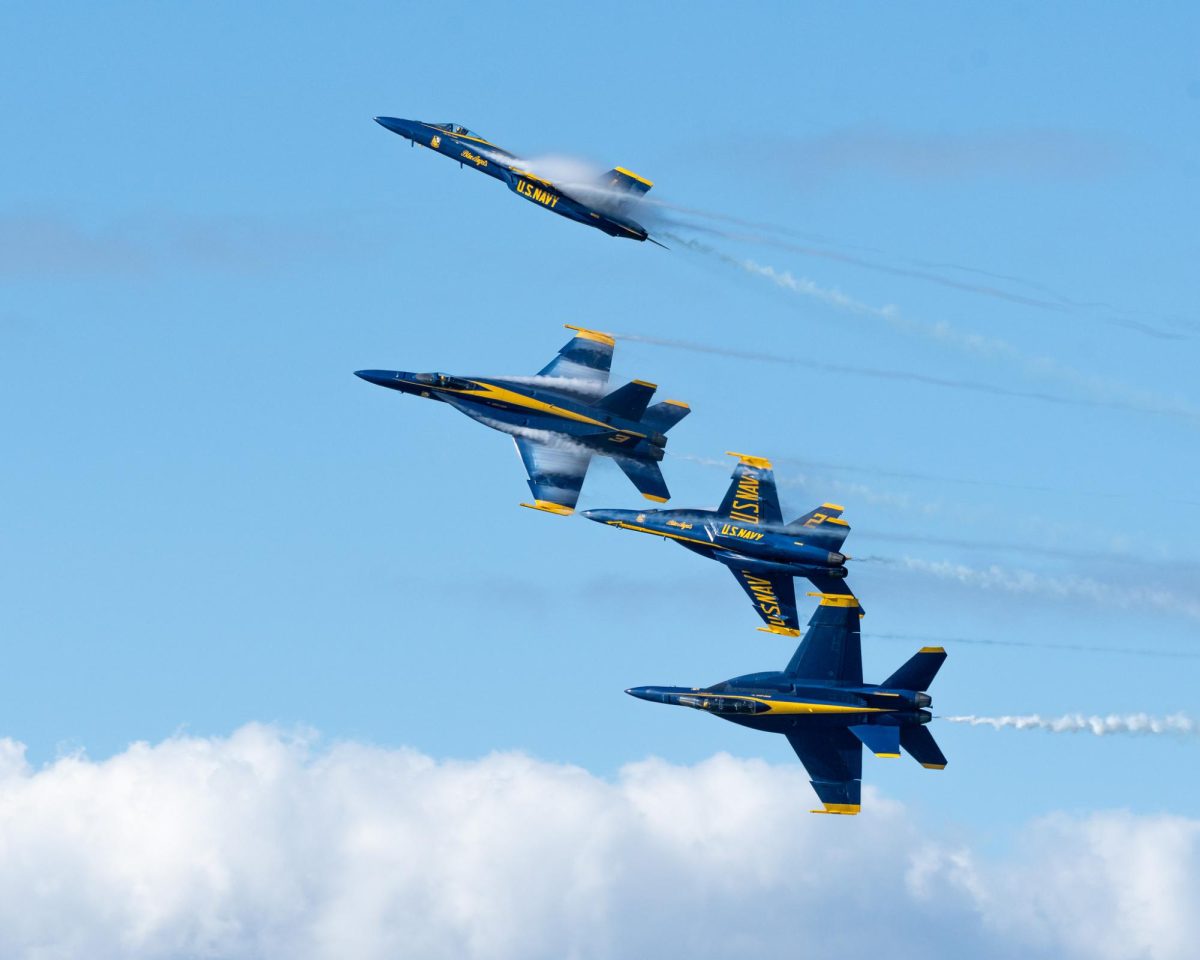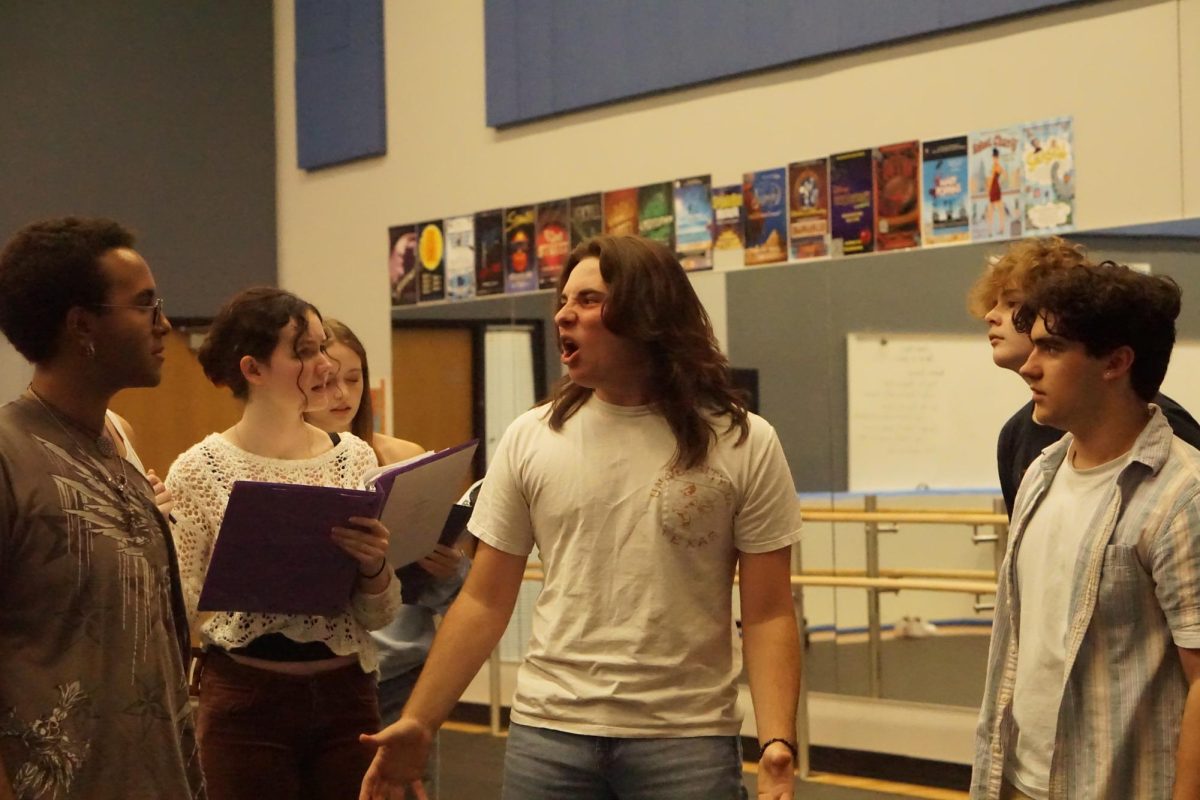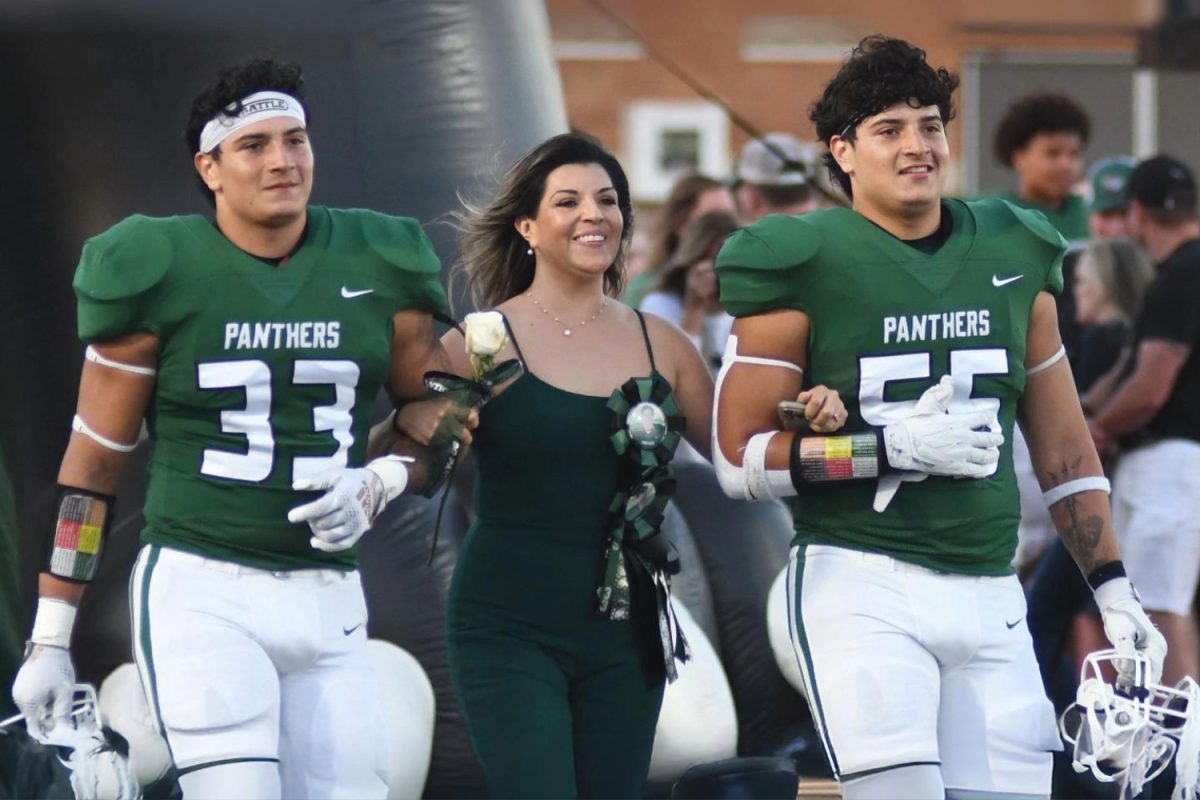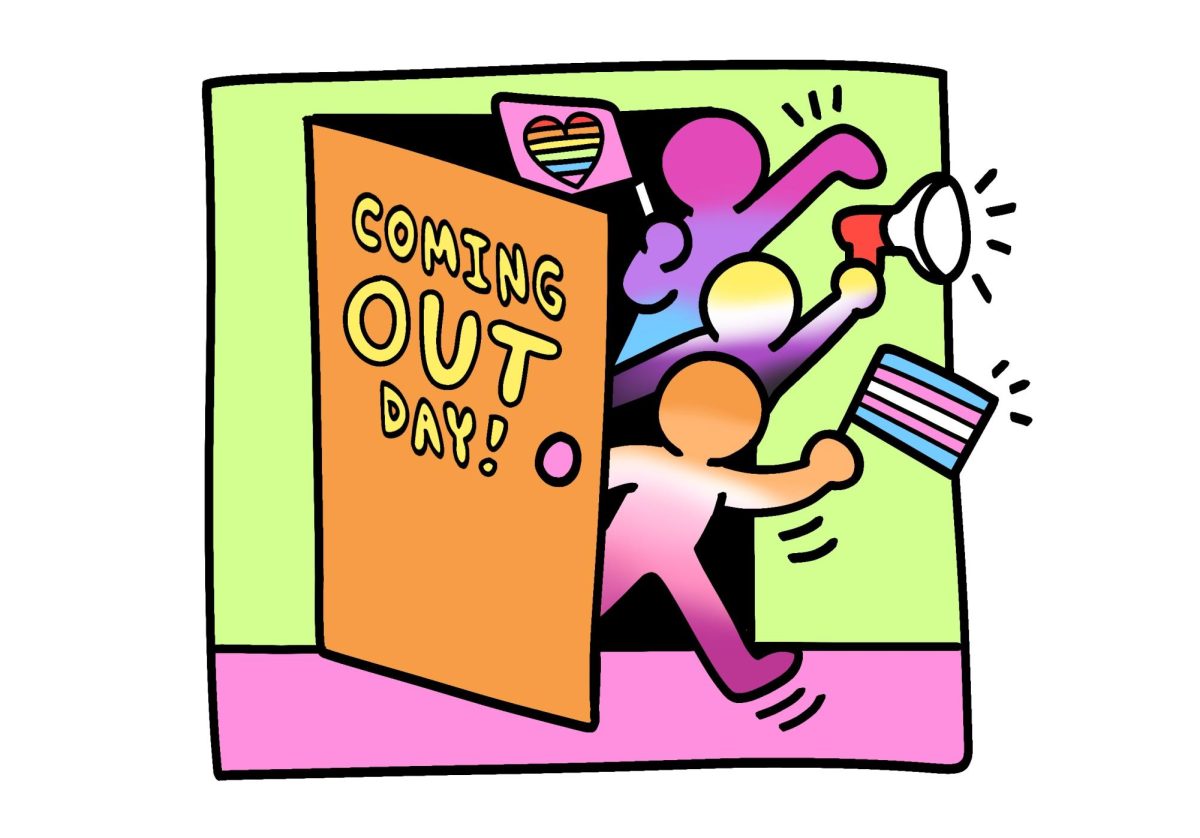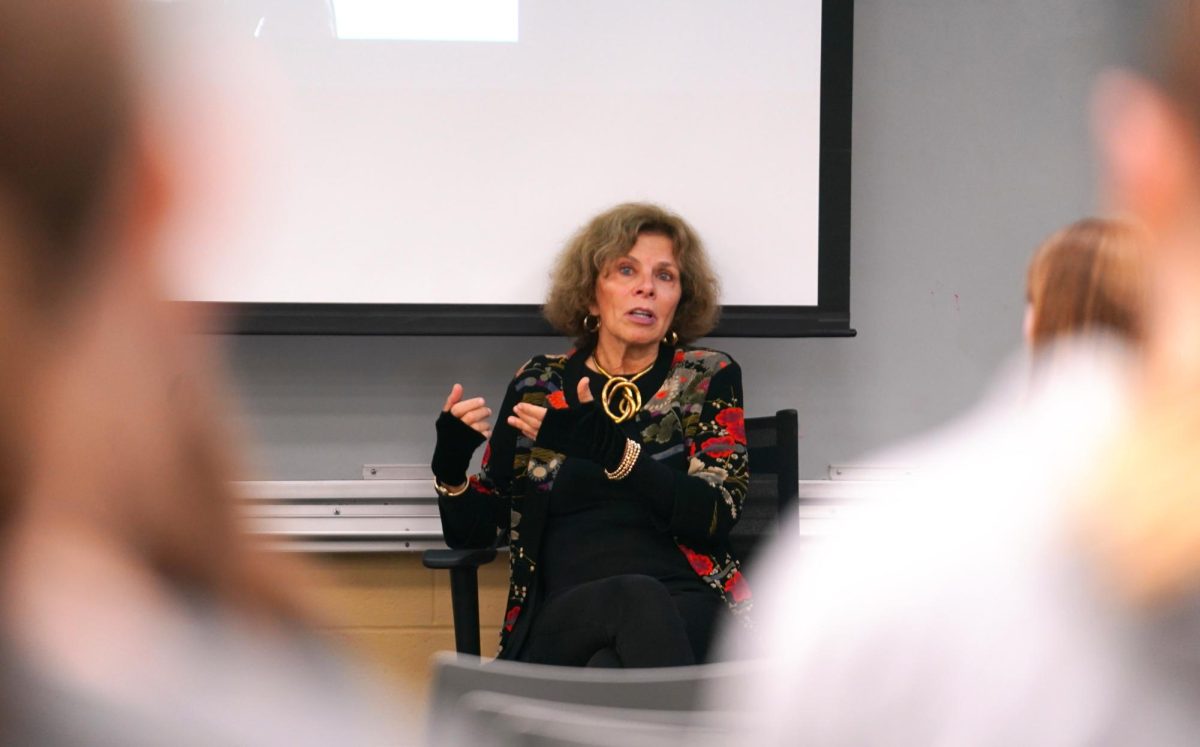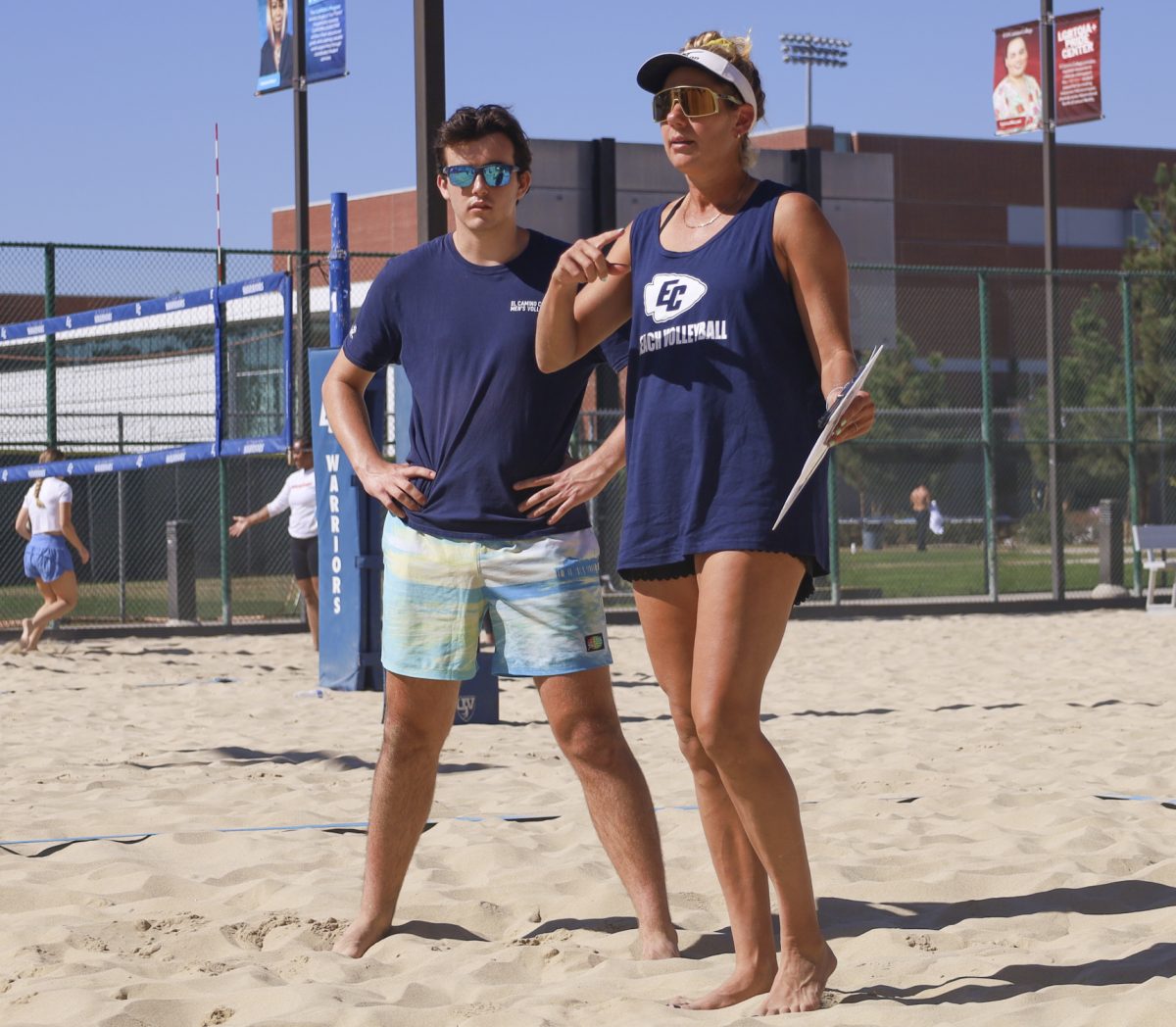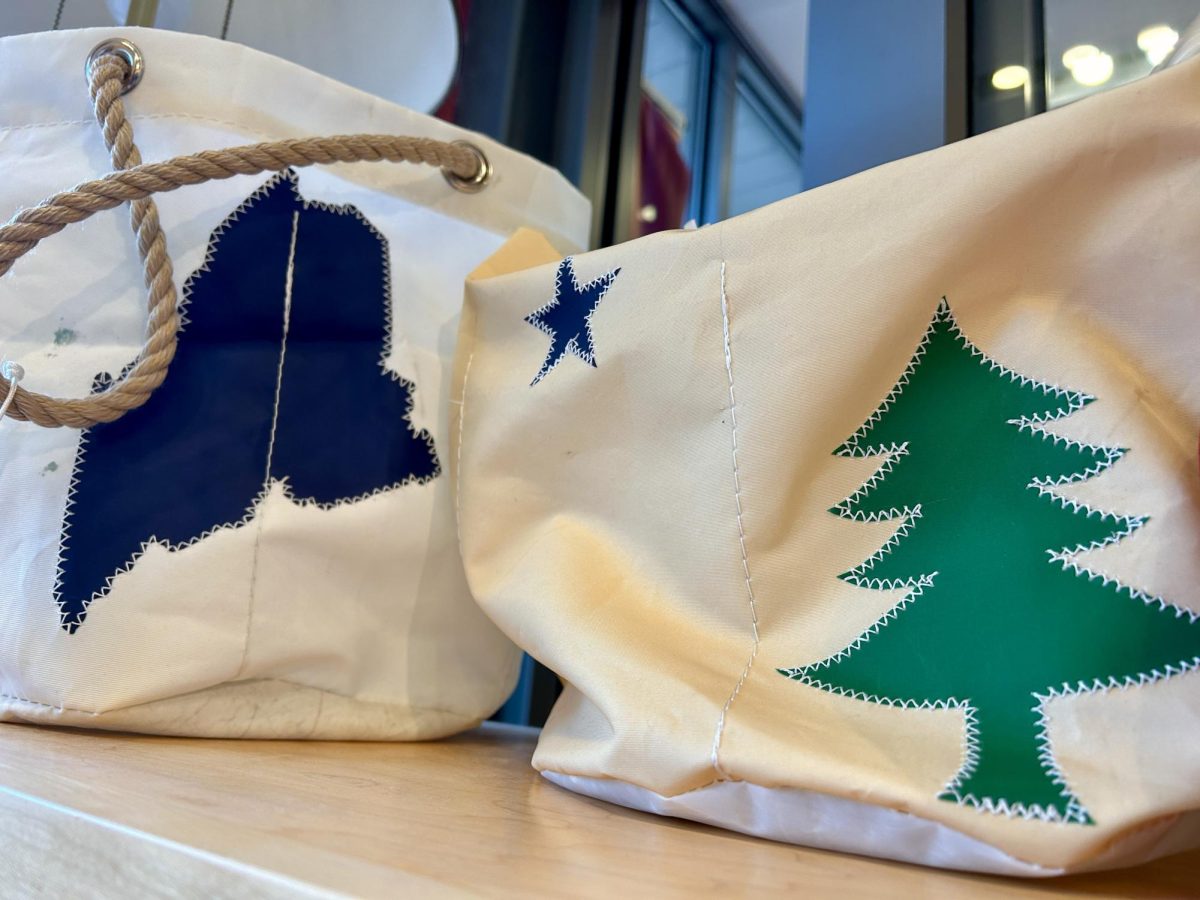It was Oct. 11, 2023. My body wanted to curl up into a tight ball, but I forced myself out of my seat and walked down the steps of the lecture hall.
My professor introduced me and handed over a small microphone clip that fit awkwardly in my hand. I was startled by how my voice boomed in the cavernous space but pulled myself together and shook off the nerves.
“I want to acknowledge that today is National Coming Out Day,” I told the class.
More than 200 faces stared back at me.
“We as queer people have more freedom than any generation before us in the United States — which is amazing — but our lives are still not easy,” I said. “It’s still so important we make ourselves heard. So I guess this is a long way of saying there’s at least one queer person in this room, and it’s me.”
I saw some faces light up in the audience and received a round of applause.
I had come a long way to reach that moment last fall.
National Coming Out Day commemorates the first anniversary of the Second March on Washington for Lesbian and Gay Rights, which drew a crowd of around 750,000 people on Oct. 11, 1987, in Washington, D.C. It’s a day to reflect on the bravery of queer people and a reminder of why we still must make our voices heard.
Like many queer people, I struggled for years to be open about my sexuality. In seventh grade, I came out to my parents using the notes app on my phone because I couldn’t will myself to say “I’m gay” out loud.
I’m lucky enough to have parents who have loved and accepted me at all stages of my life, but coming out is a privilege many queer people do not have.
Mycall Riley, director of the Gender and Sexuality Center (GSC) at the University of Minnesota, said it’s important to feel safe and cared for before deciding to come out.
“I think visibility and coming out without community, without affirmation and without a celebration of identity is somewhat null and void,” Riley said.
Still, telling my parents didn’t make it much easier when I heard gay slurs tossed around the high school locker room. For years, I hid my sexuality from friends, coworkers and my extended family. I went to the Chicago Pride parade in high school and felt no sense of belonging with my queer identity or the queer community.
It wasn’t until I started independently reading books and watching documentaries about queer history that I began to feel more comfortable and connected to my sexuality. Learning about the people who fought and died for the rights I have today has given me a strong sense of pride, inspiring my impromptu speech last October.
Rick Hoops, program coordinator and admin specialist at the GSC, said their organization is hosting an event in collaboration with the Jean-Nickolaus Tretter collection, a repository of queer and trans archival material at the University, to spread awareness about queer history and National Coming Out Day.
“I really encourage queer folks in their teens, 20s and 30s, even, to keep exploring and learning about queer history,” Hoops said. “Especially engaging with the stories of queer elders in the community, because they fought a lot of battles for us that we now get to reap the benefits of.”
In middle school, my public-school-issued U.S. history textbook included every movement of the Civil Rights Era except for the gay liberation movement. I remember searching for “homosexual,” “gay” and “lesbian” in the index — any notion that queer people existed before me. There was nothing.
“The HIV and AIDS epidemic was pretty recent in history,” Hoops said. “I still feel like a lot of younger queer folks just don’t get the education.”
So many of us grow up without role models who reflect our queer identities, which is why it’s important to empower ourselves with moments like National Coming Out Day.
Alexis Pereira, a volunteer at Quatrefoil Library, a non-profit library and community center for the Twin Cities queer community, said National Coming Out Day is an opportunity to recognize a community of people who want to support and accept you on an international scale.
“I think it’s a day about recognizing that you deserve to exist in the world,” Pereira said. “As long as you’re not hurting anybody yourself, you’re allowed to be proud of yourself and your identity, whatever that may be.”
According to an annual report from the FBI, attacks based on gender identity are up 16% and those based on sexual orientation are up 23% from 2022 to 2023. Coupled with the threat of Republican-led anti-LGBTQ+ policies, it’s more important than ever to make ourselves visible.
I try to be the gay man I wish I’d known when I felt isolated and afraid.
For me, being visibly gay rarely means shouting “I’M QUEER!” from the rooftops. It’s as simple as keeping my arm around a boyfriend after a passerby gives me a dirty look or politely correcting someone for assuming a friend sitting next to me is my girlfriend.
This National Coming Out Day, remember that bravery comes in all forms.
And if you feel ready, I encourage you not to just tiptoe out of the closet. Gather your courage, take out a hammer and break down the door.
This story was originally published on Minnesota Daily on October 9, 2024.


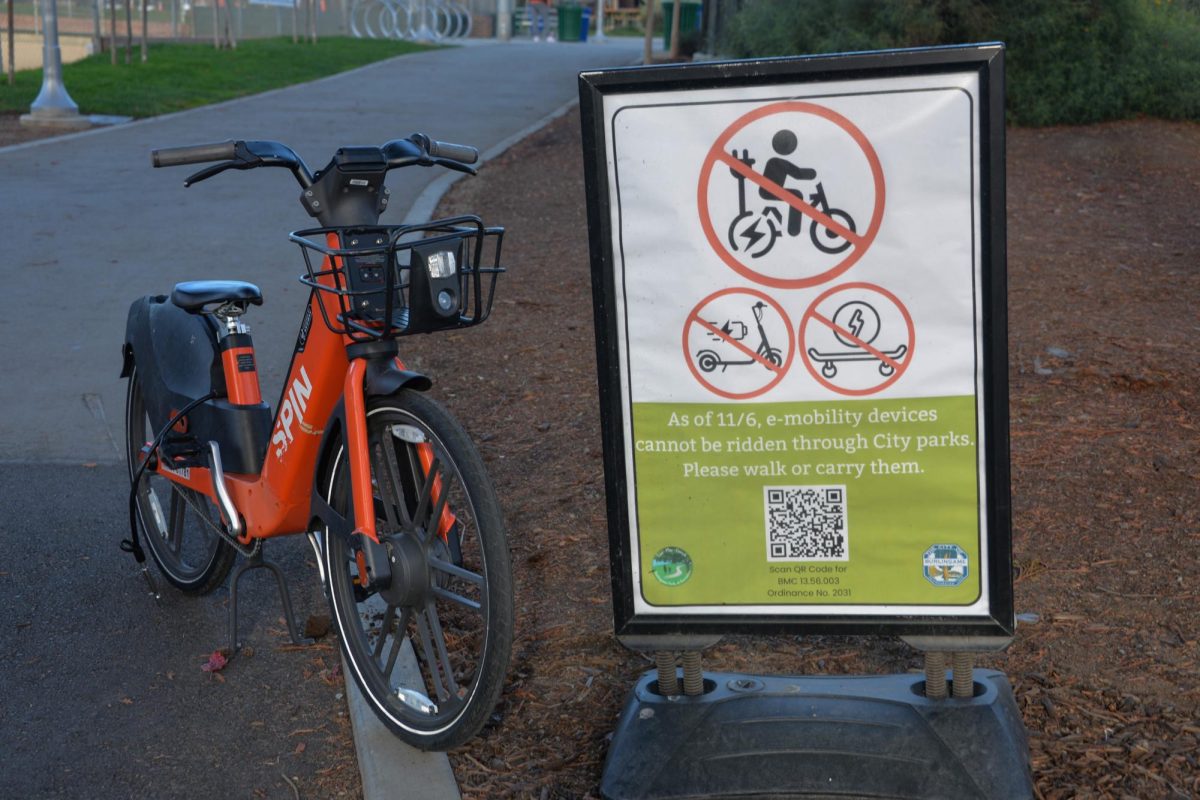
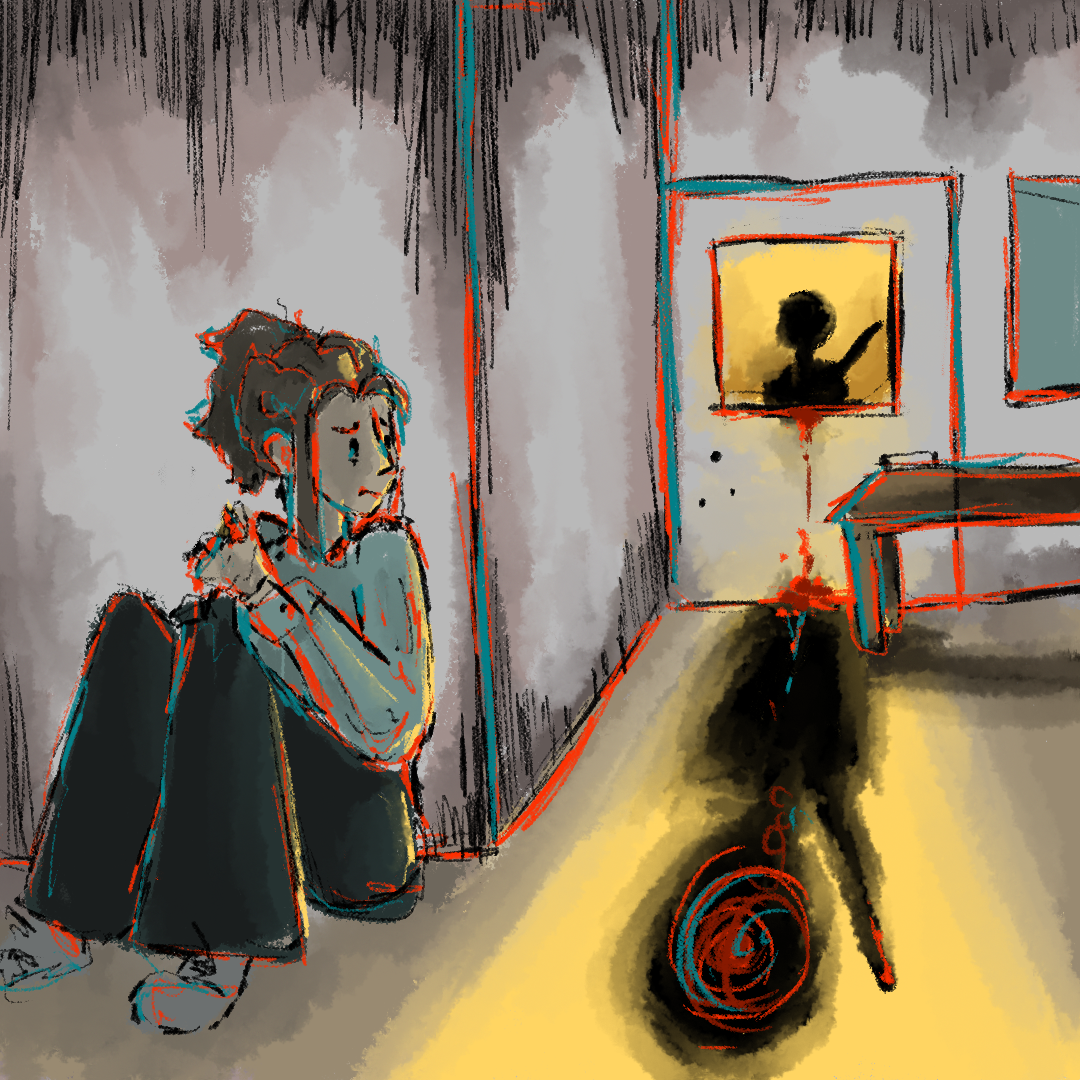
![Holding up T-wolves, the tour group poses for a picture in the Chinese classroom. Sophomore Lydia Ou, junior Phu Trung and senior Yushan Pan gave a tour to Taiwanese diplomat Andrea Yang on Nov. 8. “I was so excited when I heard I would get to give the tour because it’s a big deal,” Ou said. “She’s from the US embassy for Taiwan, so she’s really important. I’m so privileged [to get this opportunity] and I’m so excited.” Photo by Skyler King](https://bestofsno.com/wp-content/uploads/2024/11/Main-Taiwan.jpg)
